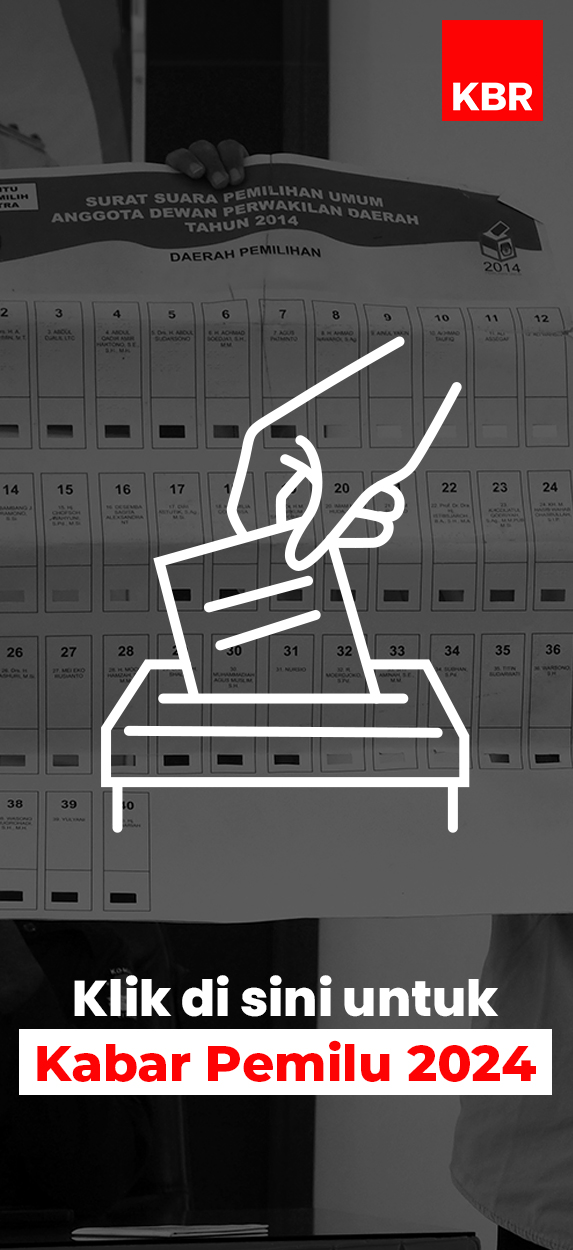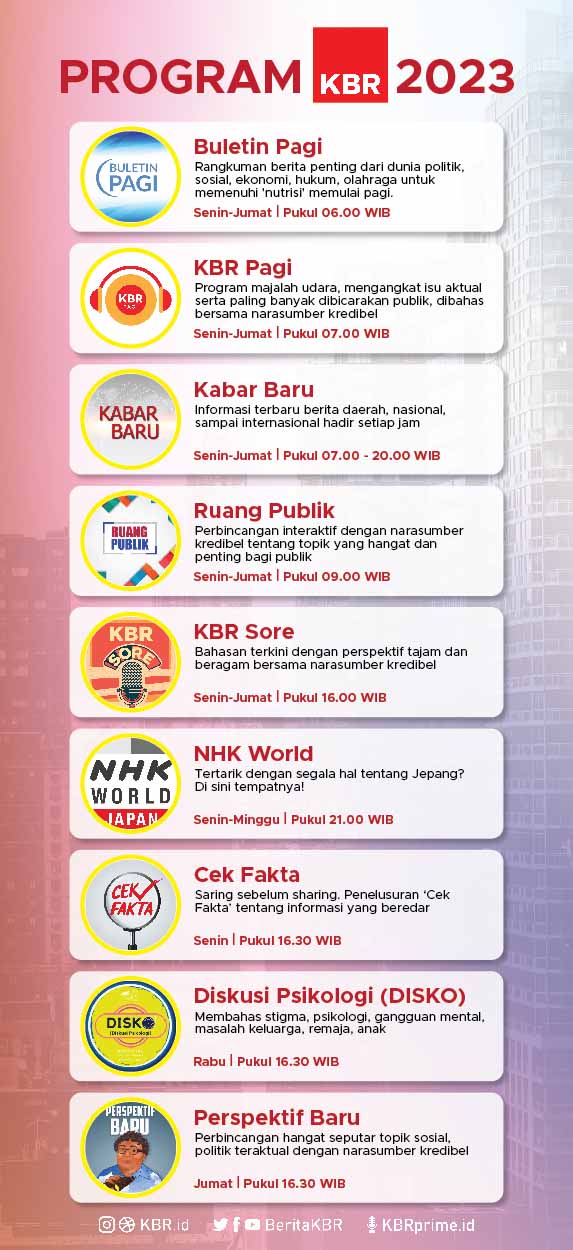Pakistani’s goes to the polls this month and for the first time they can vote for a transgender woman, who is running for a seat in the parliament.
Bindiya Rana wants to improve the lives of the nearly 500,000 transgender community in Pakistan.
It’s another day on the campaign trail for Bindiya Rana and her team.
She intends to become a member of the provincial parliament of southern Sindh province... and the first transgender politician in Pakistan.
In this slum area everyone knows her as an entertainer.
She has been dancing at weddings and collecting alms in return of blessings for nearly four decades... but not today.
Four transgender people carry posters of Bindiya Rana – they want residents like Iqbal Masih to vote for her.
"This time a transgender person should be given a chance to see what they can do for the welfare of the public... to test the transgender persons passion to serve the masses. And they should be given a chance because they are also human beings like us,” says Iqbal.
In Pakistan, politicians usually visit poor people only during election campaigns to win votes. But once elected, they disappear.
This lady gave a donation to Bindiya Rana when her first child was born recently. Today she promises to vote for her.
“The outgoing government has done nothing. We don't have even drinking water. So, the whole locality supports Bindiya Rana to contest and get elected so that our problems can be resolved,” says Malika Bibi.
In November 2011 the Pakistani Supreme Court made a landmark ruling about the rights of the transgender community. It ordered the government to give equal rights to transgender people and added a third sex on national ID cards.
This has meant that transgender people have access for the first time to government jobs, health and education.
Nearly 500 thousand transgender people in the country celebrated the verdict.
But Bindiya Rana says on the ground not enough has changed.
“The Supreme Court's orders of giving us equal rights, government jobs and financial support have not been implemented. Ahead of election different political parties sought our votes, but none of them even mentioned our rights in their parties' manifestoes. So I thought why should not we contest and get elected to the houses of power to do pro-transgender legislation."
Akhtar Balouch is a journalist and author of a book that highlights the glorious past of the transgender and their fall.
“They have been very influential during the Kings era in subcontinent. At that time they were very influential that the Kings used to appoint the commissioners and other officials on the recommendation of the transgender people. The Ameers or lords used to bribe them to seek promotions. So, imagine how influential they were. During Mughals’ era transgender people were in charge of the security of the Kings’ wives and after Mughals era, transgender came on roads.”
Bindiya Rana wants to hold the first-ever public gathering of the transgender community as part of her election campaign.
But the event has been postponed after the Taliban militants started attacking secular politic gathers across the country.
She however says she has already won the battle.
“I’d won on the day my nomination papers to contest polls were accepted. Therefore, the election day’s results do not matter.”
There are estimate to be around 500,000 transgender people in the in the country but only a few hundred have been successfully registered as voters.
In order for a candidate from their community to win a seat in the parliament they will need the support of the wider community who usually wide them as outcasts.







